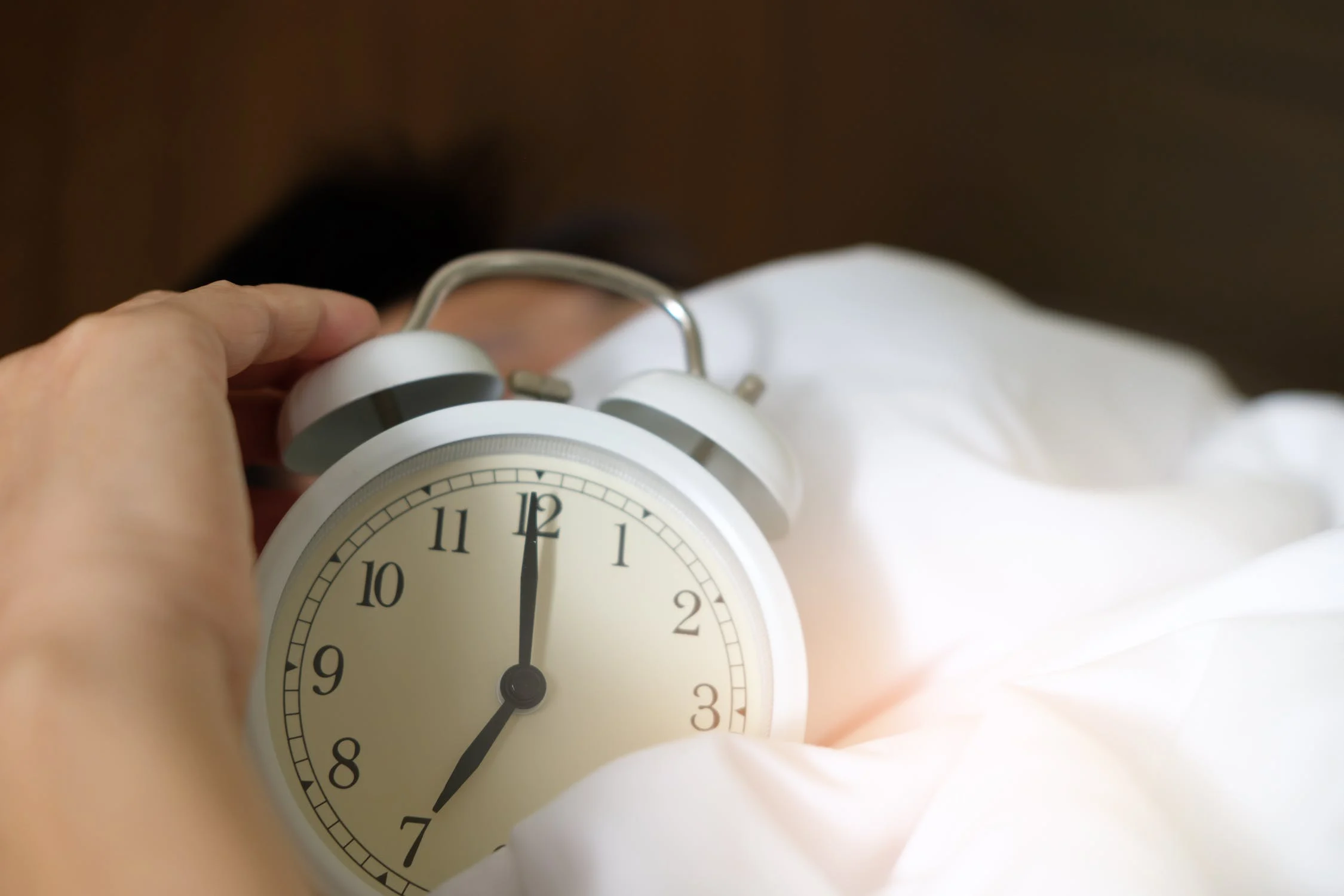
Managing Insomnia with Simple Relaxation Practices
As we continue to explore mental health and well-being, it's essential to recognize that taking care of ourselves involves not just big decisions but also small, daily techniques that support our emotional, social, and cognitive well-being.
Mental health affects how we think, feel, and act, and while therapy is a professional process guided by trained individuals, becoming familiar with techniques we can practice ourselves is empowering. At iDare, we aim to increase awareness of such helpful tools and how they can fit into everyday life.
Understanding Insomnia
Insomnia is one of the most common sleep-related concerns. Despite its prevalence, it’s rarely the reason someone seeks therapy—unless it significantly disrupts daily life.
In psychology, we see that insomnia isn’t limited to trouble falling asleep. In many cases, people struggle with:
-
Staying asleep through the night
-
Restless or broken sleep
-
Waking up feeling exhausted rather than refreshed
These patterns might seem manageable, but over time, they affect energy, concentration, productivity, and emotional regulation.
“It’s Not That Big of a Deal”
I once had a friend who constantly experienced difficulty staying asleep. Even though it impacted their work performance and relationships, they insisted it wasn’t serious enough to warrant professional help.
That moment stayed with me. It reflected something deeper—our conditioning to ignore or minimize distress until it becomes unmanageable. We tend to push through discomfort, thinking help is only necessary when things fall apart.
But what if support didn’t have to wait that long?
The Power of At-Home Practices
Therapy is incredibly valuable, but it doesn’t have to be the only way to start healing or managing a concern. With the right knowledge and consistency, we can also incorporate simple, self-guided techniques into our routines that make a real difference.
One such technique that supports insomnia is a relaxation-based breathing method.
Try This: The Three-Part Breathing Exercise
This breathing technique can be used as a calming ritual before bed or when you wake up in the middle of the night.
Here’s how to do it:
-
Start with a deep, full inhale.
Count slowly as you breathe in. -
Exhale completely, focusing on how your body feels as the breath leaves.
-
Repeat this for a few minutes, maintaining a steady rhythm.
-
Then, slow down your exhale so that it becomes twice as long as your inhale.
This encourages your nervous system to shift into a relaxed state, helping your body wind down for sleep or return to sleep more easily.
You can start small—just 5 minutes each night—and gradually build the habit over time.
What If It Doesn’t Work Right Away?
Everyone responds differently to relaxation methods, especially if you’ve experienced anxiety or trauma. It’s okay if one technique doesn’t feel like the right fit immediately.
Give it time. Try each technique consistently before deciding whether it works for you. If needed, explore others or seek help from a therapist to find a better match.
Don’t Forget: Sleep Hygiene Matters Too
Relaxation practices are powerful, but they’re most effective when combined with good sleep hygiene, such as:
-
Maintaining a consistent sleep schedule
-
Limiting screen time before bed
-
Avoiding caffeine, alcohol, or substances close to bedtime
-
Creating a quiet, cool, and dark sleep environment
-
Getting daily physical activity
-
Managing overall stress levels
Both personal and environmental factors can affect your sleep quality—for better or worse.
A Gentle Reminder
These techniques are not a replacement for therapy. If sleep issues are significantly affecting your life, or if you’re also experiencing distress, fatigue, or emotional struggles, please consult with a trained mental health professional.
At iDare, our Support and Engage verticals offer affordable and inclusive help for those navigating challenges like insomnia, anxiety, and more.
Like our content? Please support us by sharing and upvoting!
Image credits – Pexels.com
